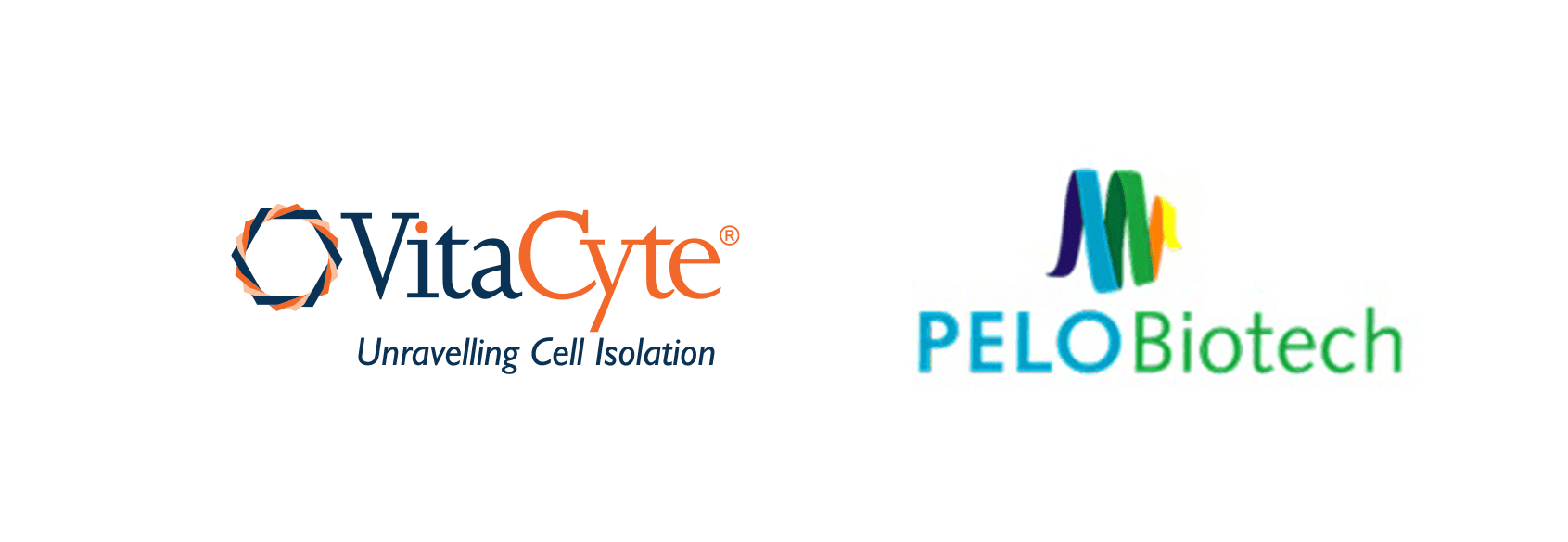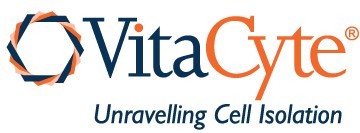
Cincinnati Children’s Hospital Medical Center, Cincinnati, OH
Human islet isolation from young donors is problematic. Application of standard islet isolation methods to donor pancreata less than 32 years old (YO) often results in low islet recovery. Low recovery reflects the ineffectiveness of current methods to separate the islets from acinar tissue, leading to high percentages of mantled/embedded islets. These islet-acinar cellular aggregates are too dense to be purified by density gradient centrifugation.
Several reports described methods to improve islet yields from younger donors, but other laboratories have not adopted these methods. My laboratory described a novel approach to this problem by comparing the effect of different collagenase-protease enzyme mixtures on islet yields from young donors. For these islet isolations, the pancreas was split into head, body, and tail, with each portion digested with a different enzyme mixture manufactured by VitaCyte, Roche or Nordmark.
Find out more in the video how the results show a path forward to overcome poor islet recoveries associated with young donor pancreas. The proof of the method depends on others assessing the benefits of using the modified enzyme formulations. Future studies will focus on further optimization of the dose and enzyme composition to increase islet recovery and function from these organ donors.
Meet the Presenter

Balamurugan N. Appakalai, PhD
Professor of Surgery
Pancreas Care Center
Islet Cell Laboratory for Transplantation and Beta Cell Biology
Cincinnati Children’s Hospital Medical Center
University of Cincinnati
Cincinnati, OH, USA
Email: isletologist@hotmail.com / bala.appakalai@cchmc.org
Dr. Balamurugan has extensive experience in processing pancreases for auto- and allo-clinical islet transplantation and xeno-transplantation. As an “isletologist” for the past 27 years, his research focused on improving the manufacture of pancreatic islet products for clinical transplantation. His contributions showing the impact of the dose of different enzyme formulations on islet yields provided new insights that will likely improve human islet yield and function. Recently, he also has working to improve islet microcirculation by stimulating intra-islet endothelial cells and studying the cross talk between endothelial cells and beta cells. He has published more than 200 research articles, including book chapters, and serves on several journal editorial review boards.
